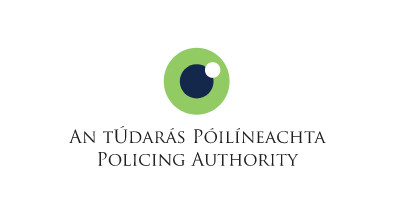Court poor box payments up 60 per cent to €1.7m

Around €1.7 million was paid to hundreds of charities from the court poor box last year, an increase of nearly 60 per cent on the previous year.
Under a long-standing practice which has survived repeated government commitments to phase it out, some defendants in criminal trials can avoid a conviction by making a donation to the court poor box.
It is predominantly used in the District Court and typically only offered to first-time offenders accused of a minor, non-violent crime.
Charities across Ireland benefited to a sum of just over €1.67 million in 2024, up from €1.05m in 2023, the Courts Service has revealed.
Organisations dealing with addiction, poverty, homelessness, women’s safety, medical services, hospice care and mental health have all benefited from the dispersal of the fund.
Payments ranged last year from small, one-off amounts to more substantial sums including €86,000 to chapters of St Vincent de Paul; over €52,000 to Merchant’s Quay Project; €51,000 to Pieta House; and over €12,000 to Our Lady’s Hospice.
The Criminal Courts of Justice in Dublin accounted for over €250,000 of the payments made.
Monies paid out of the court poor box are at the discretion of the judge. The Courts Service has no function in the allocation of payments and simply issues payments from the poor box as directed by each presiding judge.
The court poor box figures do not include where judges have directed defendants to pay money directly to a charity.
A spokesperson for the Courts Service said: “There are many reasons and instances why the court poor box is used by judges for offences on the more minor side of the scale.
“The accused may never previously have been before the courts, the accused may have pleaded guilty, a conviction might be inappropriate, or might adversely affect employment, career or working abroad prospects, and/or the offence may be of a minor or less serious nature.
“When combined with the Probation of Offenders Act it provides an option where the person is held accountable in public court, some financial penalty is considered merited, but a conviction and fine are not.
“It can sometimes be a more meaningful punishment than the maximum fine where the value of a maximum fine may have been eroded by inflation.”










